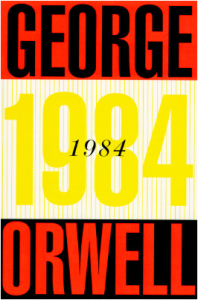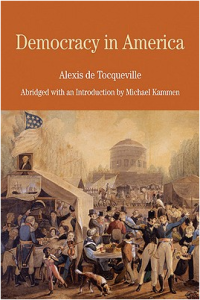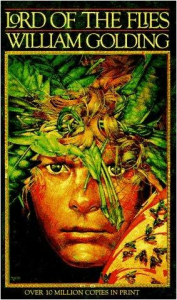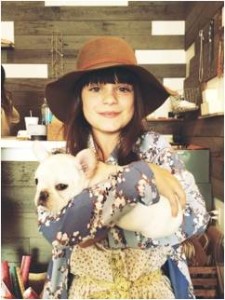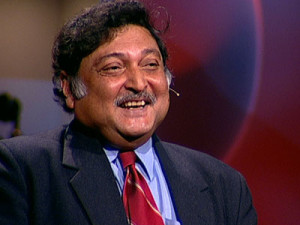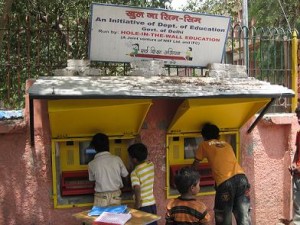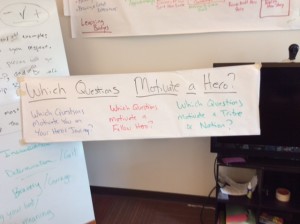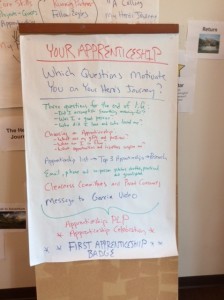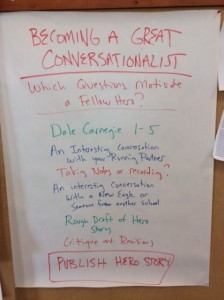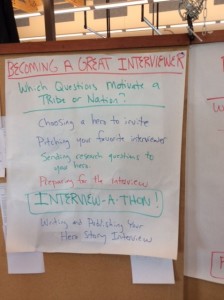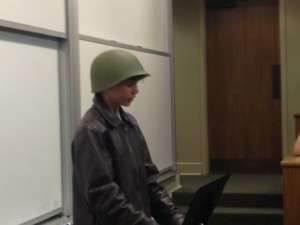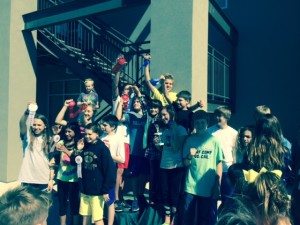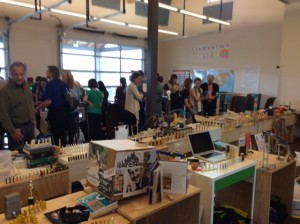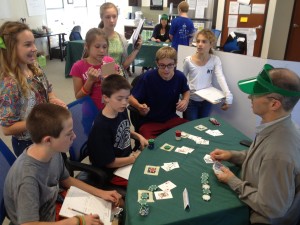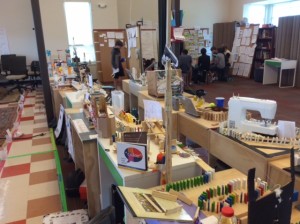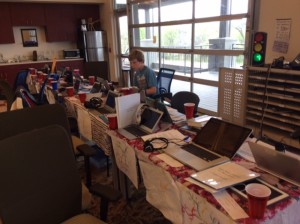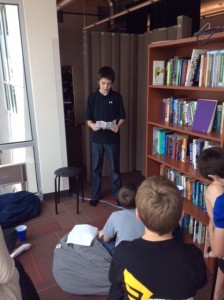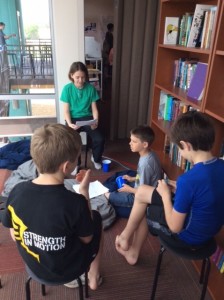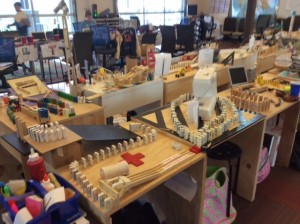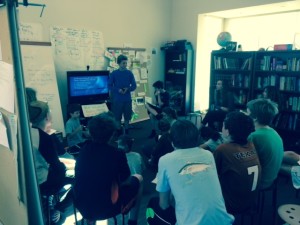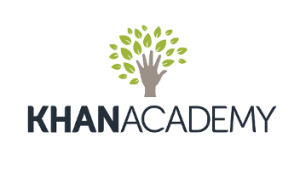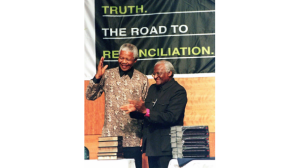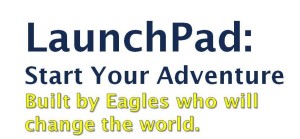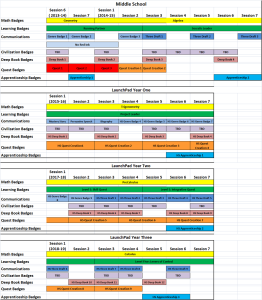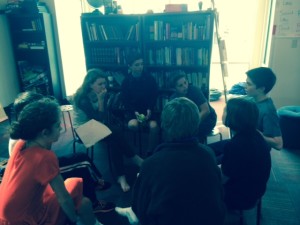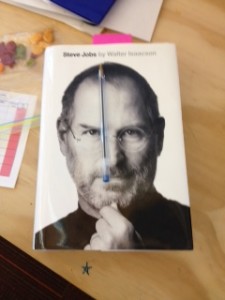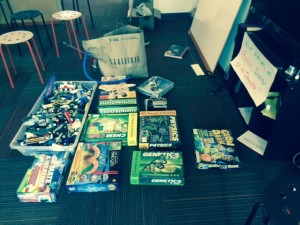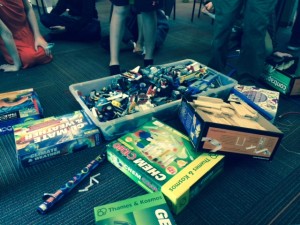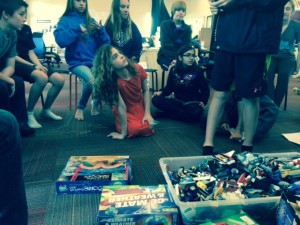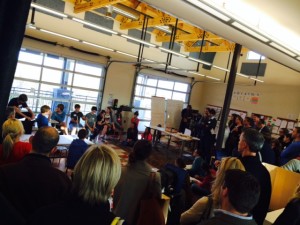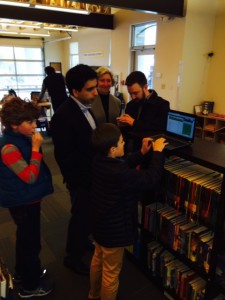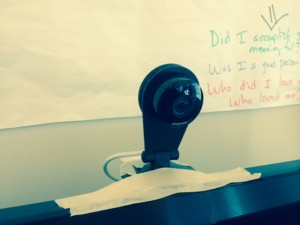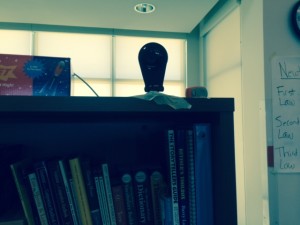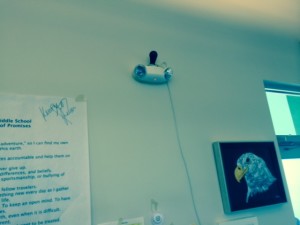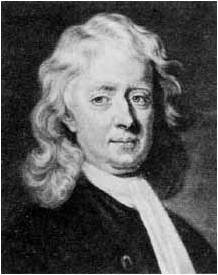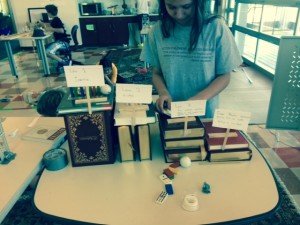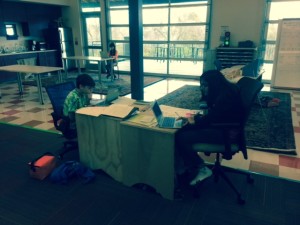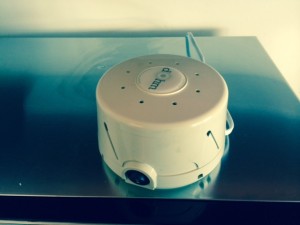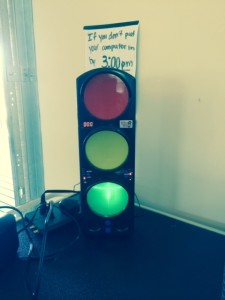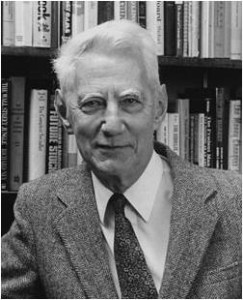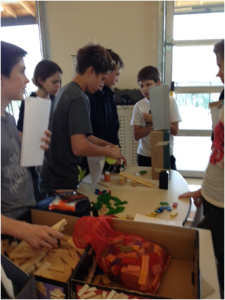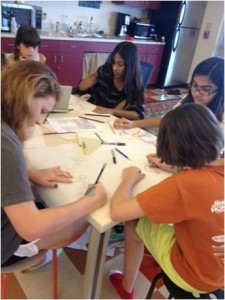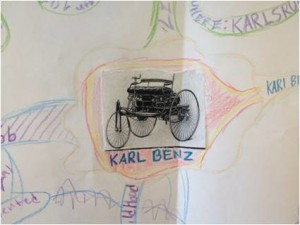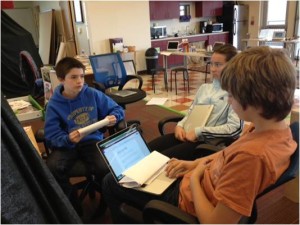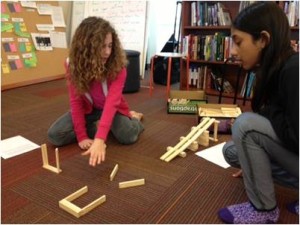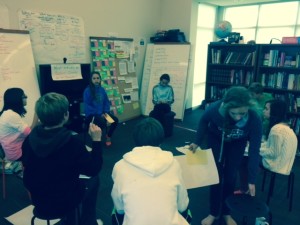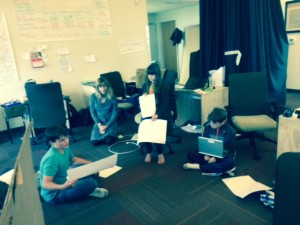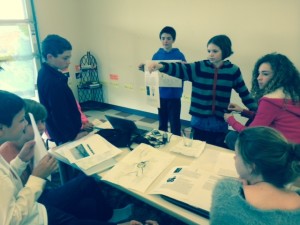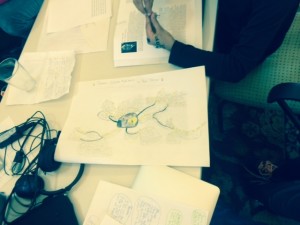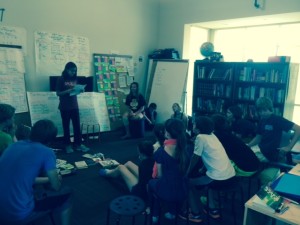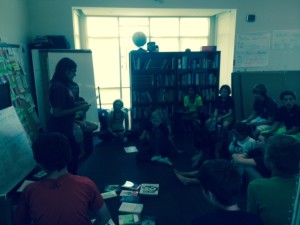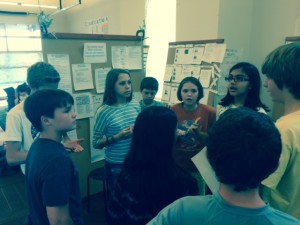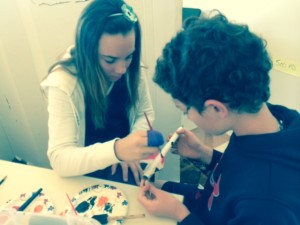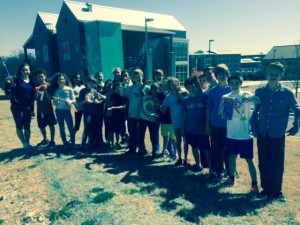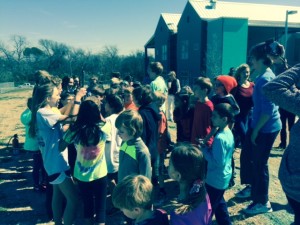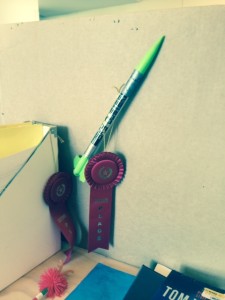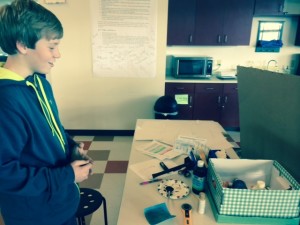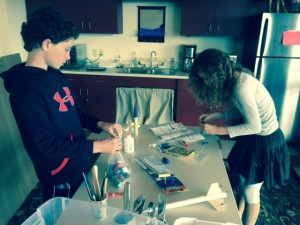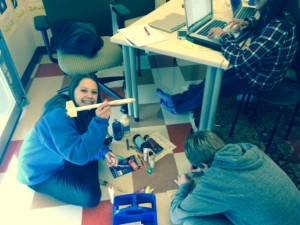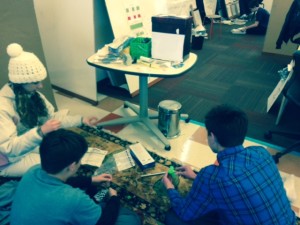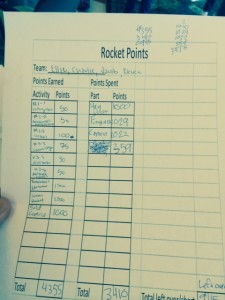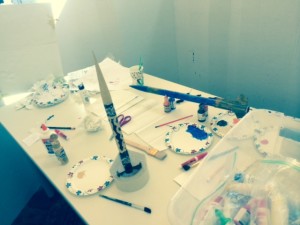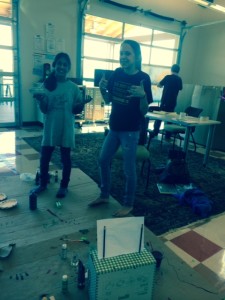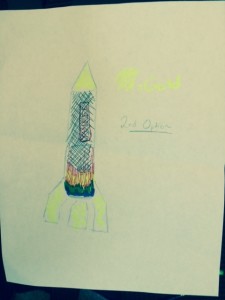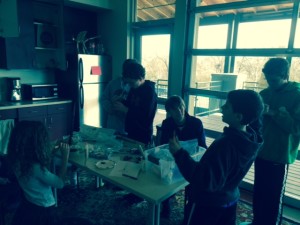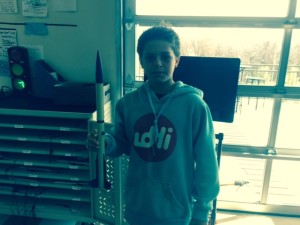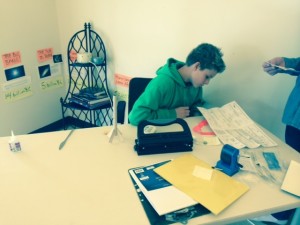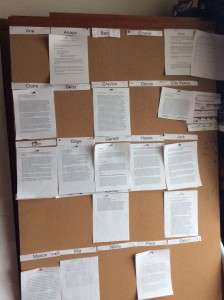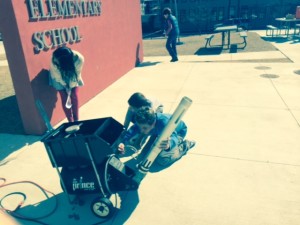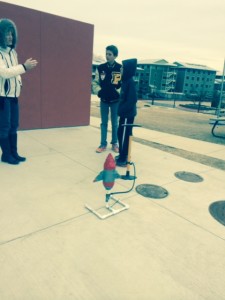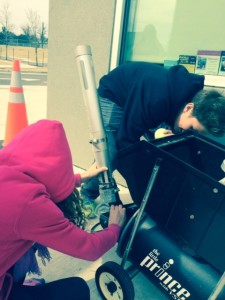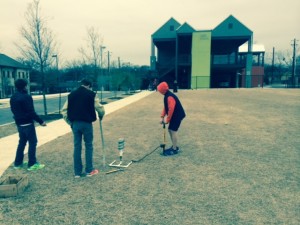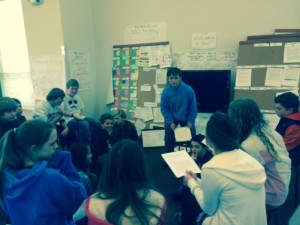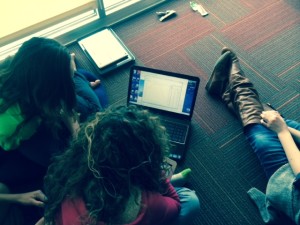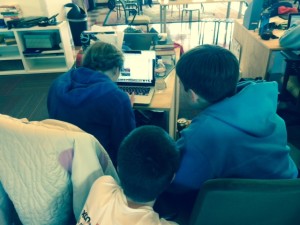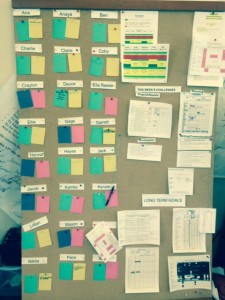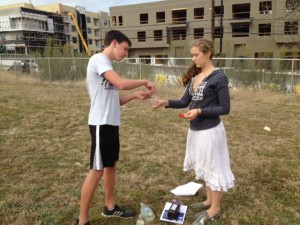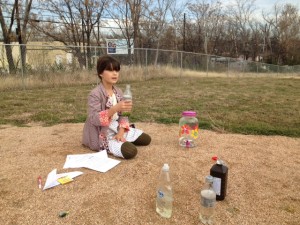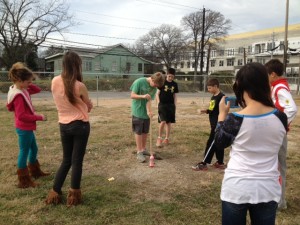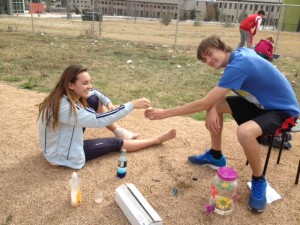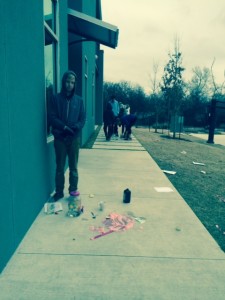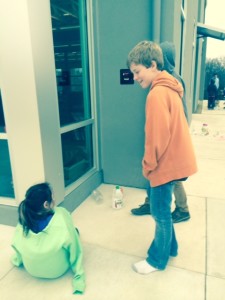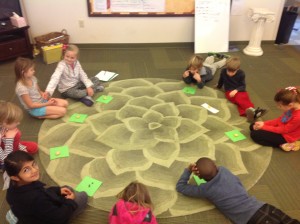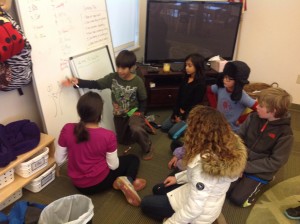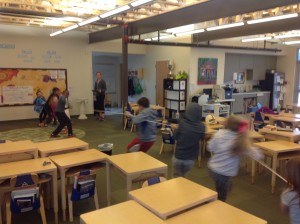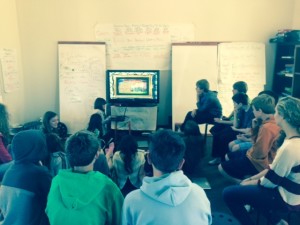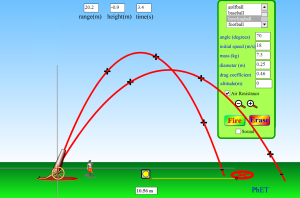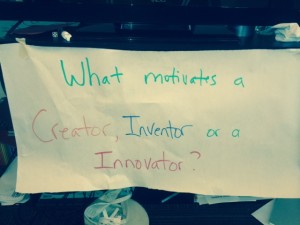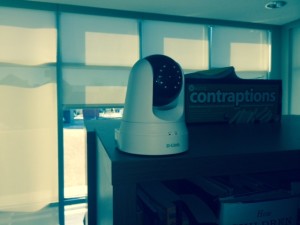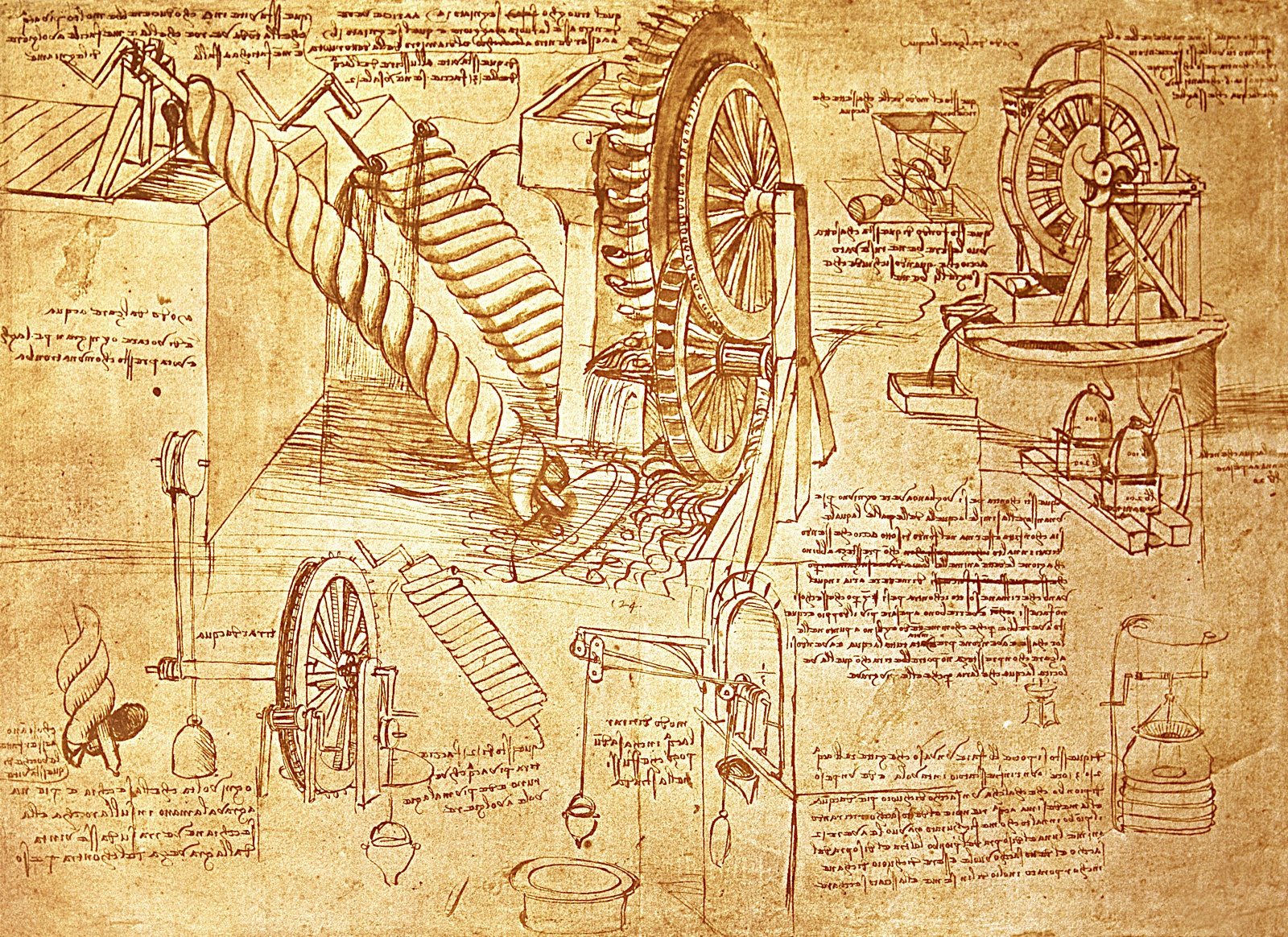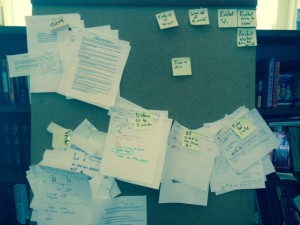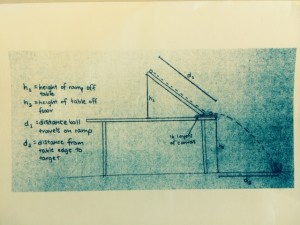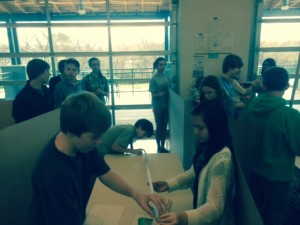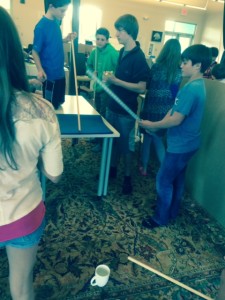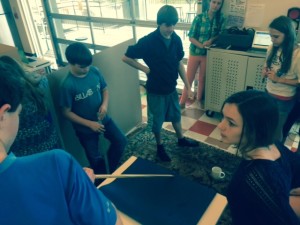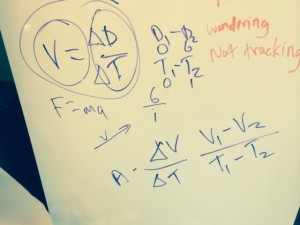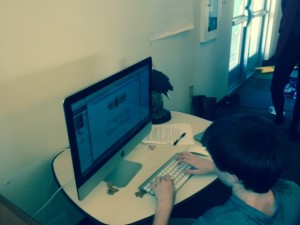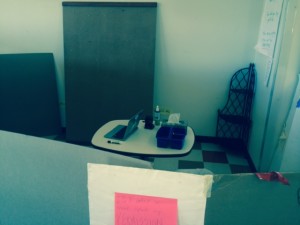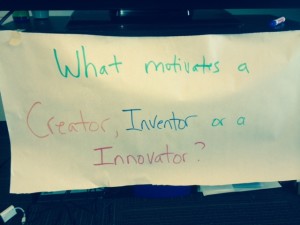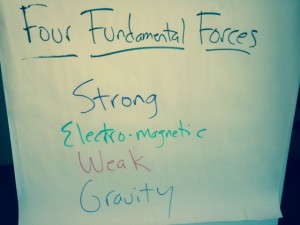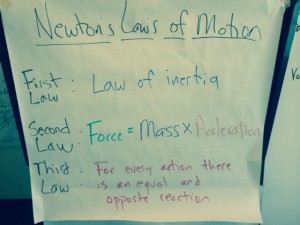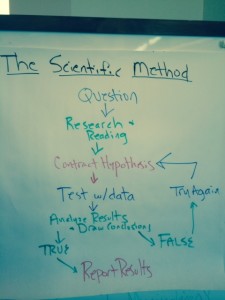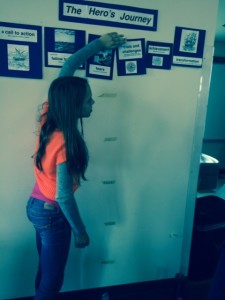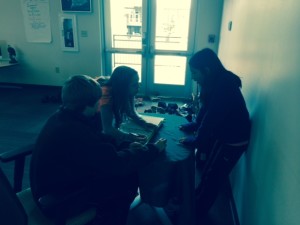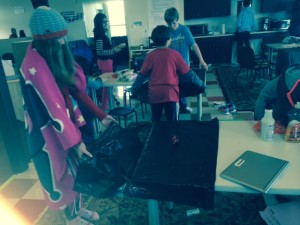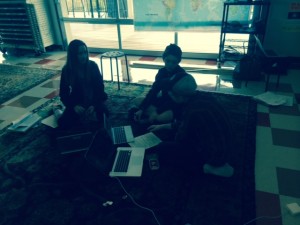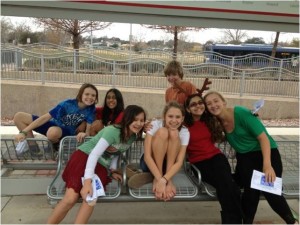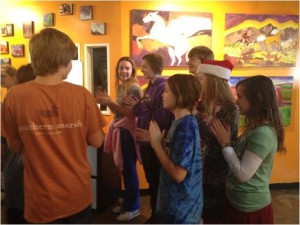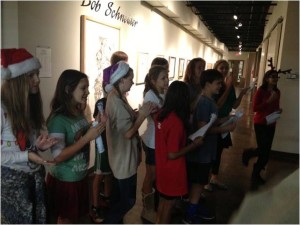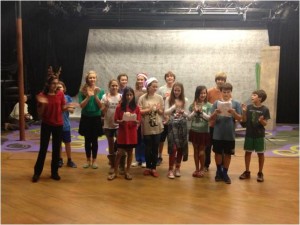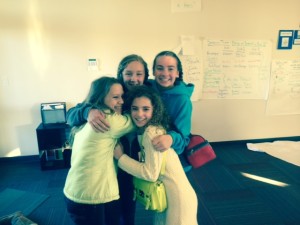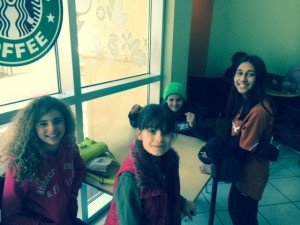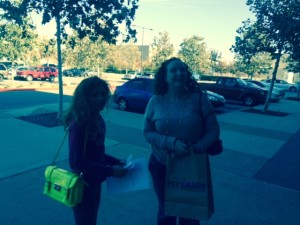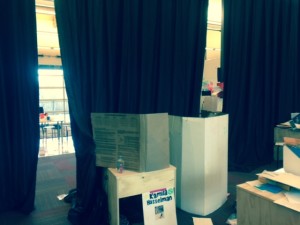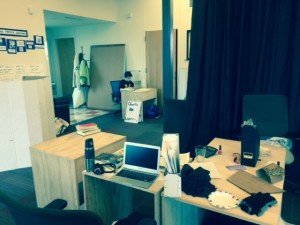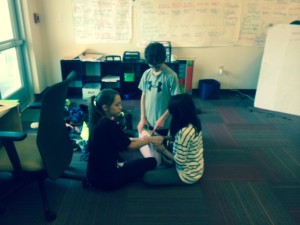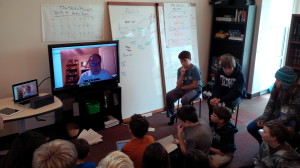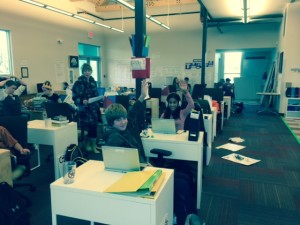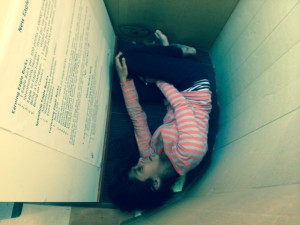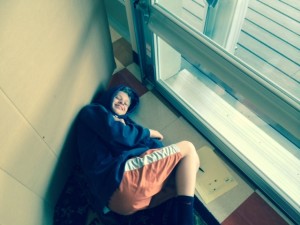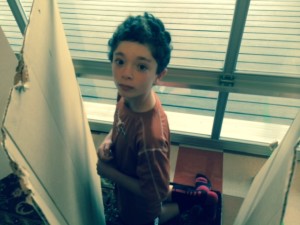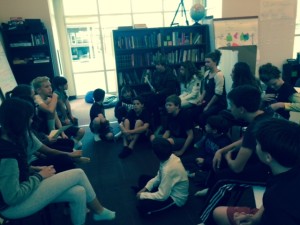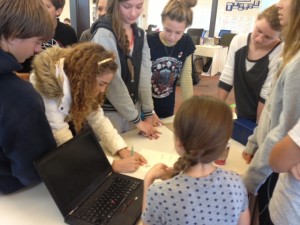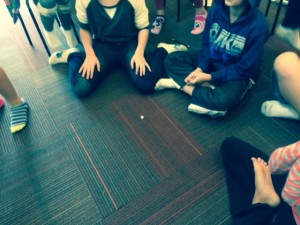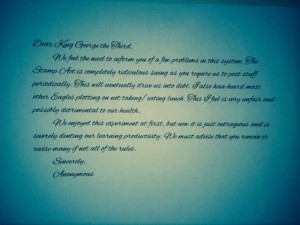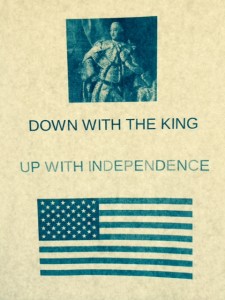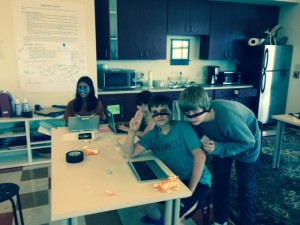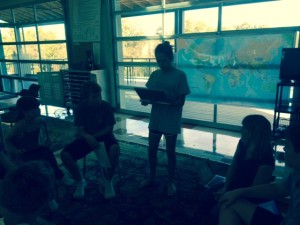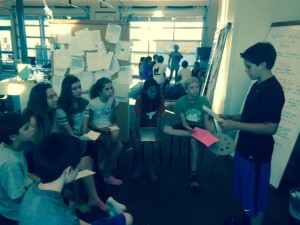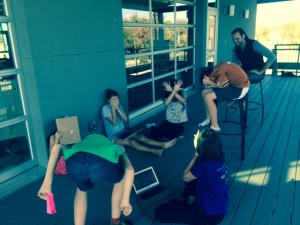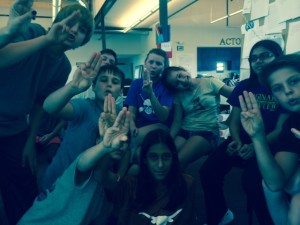Some schools favor the Great Books, drawn from a list that most scholars agree form the foundation of Western philosophy. Our version of this at Acton is a Deep Book, a “world changing” or “life changing” read.
The big difference at Acton Academy is that we trust our Eagles to create a list of books that inspire, move and transform them. During late middle school and Launchpad (high school), Eagles must earn 22 Deep Book badges.
1. It all starts with Gaining Approval for a Deep Book.
Each Deep Book requires a two minute face to face pitch to a three person committee made up of one Guide and two Eagles (eventually this committee will be all Eagles.) The vote to approve a book must be unanimous.
The initial criteria include:
- Why you believe this particular book is an important part of your Hero’s Journey?
- Is this a serious book that others have considered “life changing” or “world changing” by others?
- Are you stretching your “challenge zone” by reaching for more complex texts or ideas?
- Does this selection add to the diversity of your reading choices? (In other words, are you choosing different types of ideas, subjects, genres?)
- Is the material too violent or sexually explicit to be appropriate, at this time?
- What other three books are next on your list?”
- What is your deadline for completing the book and review?
Any sense that an Eagle is trying to “take the easy way out” results in an automatic rejection. A series of links to lists of Great Books is provided as a place to start.
2. Once a book is finished, the Eagle must deliver a Video or Written Review
The goal of the written or video review is to convince someone else to read the book.
The review includes:
- How did this book change you in an important way? Who else should read it and why?
- A description of the history and impact of the book and its author.
- The major questions raised by the book or its characters or plot.
- Observations about the author’s style and voice.
There must be evidence from the book – facts, questions, quotes, characters, the plot – to back up any recommendations and the review must be completed by the deadline and judged as superior to the Eagle’s last review or equal to or better than the average review turned in by other Eagles, by unanimous approval of the Committee, or if the Committee chooses, a 4.25 or better ranking by a gathering of Eagles. If a review does not pass, it may not be resubmitted.
Any examples of plagiarism or taking shortcuts like reading summations or watching a movie in place of reading the entire text will be immediate honor code violations.
Already pitches have started and Eagles are reading: 1984; Democracy in America and Lord of the Flies.
Below is an excerpt from a recent pitch:
I would like to read A Brief History of Time by Stephen Hawking. I believe this book will introduce me to the finer points of physics and science, and it will help me understand more about science and physics, not in the formula way, but in the metaphysical sense, where I will begin to think differently. My mom has been pushing me to read these books for a while now, and I think this is a book that has changed people’s opinions on time.
I am stretching my challenge zone by reading this book, because I feel like the writing will not be hard to read, but I will have to really think about a lot of the stuff that he is saying in the book. I don’t normally read books like this, so it will be a pleasant change.
The books I am going to read including this one are:
- A Brief History of Time by Stephen Hawking
- Common Sense by Thomas Paine
- The Prince by Niccolo Machiavelli
- The Complete works of Shakespeare
- Moby Dick by Herman Melville
- The Iliad by Homer
- The Odyssey by Homer
- IT by Stephen King
- Sense and Sensibility by Jane Austen
I am going to read the book in one month, and write the review a week after that, so my deadline is May 26, 2014
Deep, serious books. Choice. Comprehensive proof of a serious struggle and the impact on a hero’s life. Perhaps civilization has a fighting chance after all.
